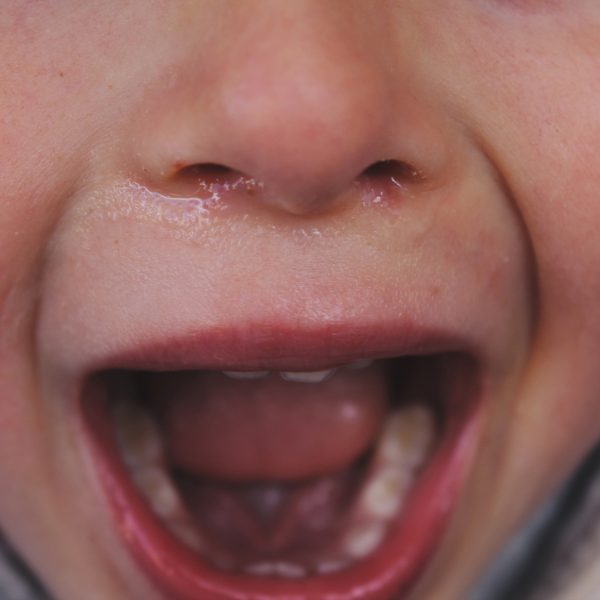OSHC children struggling with bullying, parents find it tricky to help

Australian parents are finding it hard to help their children deal with bullying, new research from Life Education has found.
The findings will be of interest to those working with children in an outside school hours care context, either on school-based sites, or through family day care or long day care services.
Researchers found that while Australian parents are concerned that not enough is being done to combat bullying, both digital and physical, they are unsure about how to best help their children through a bullying incident.
The survey of more than 1,000 Australian parents of school-aged children, conducted by Life Education in partnership with Trend Micro, revealed that despite widespread attention to the issue one in four parents felt they didn’t have enough confidence to help their child through a bullying incident.
Most parents also expressed concern that the line between face-to-face and cyberbullying is blurred, meaning that keeping children safe online is a significant concern, and an area where parents feel their skills are lacking.
The main barriers parents identified were children not disclosing that they were bullied, keeping up with rapidly changing technology, not having enough support, and a lack of time.
Parents also told researchers they worry about the rise of online gaming as an avenue for cyberbullying, however a third of parents also said online communities, including online games and social media, can be a positive place for young people to socialise.
When parents find out their child or children have experienced bullying, parents’ have a range of reactions. The majority indicated they would respond by educating their children about how to handle the situation, and would contact the school.
Just under half of those surveyed (42 per cent) said they would contact the perpetrators’ parents or report it to authorities, with nearly 20 per cent saying they would take devices away from their children if they found out they were being cyberbullied.
The survey also revealed that 62 per cent of parents agreed that their children spend too much time on screens. When it came to negotiating screen time, more than half (57 per cent) of parents said they determine the amount of time spent on devices, 30 per cent said it’s a negotiation, and 13 per cent said their children call the shots.
Tim Failnski, Trend Micro APAC Senior Consumer Director, shared that Life Education and Trend Micro had developed the bCyberwise module to address some of the issues and concerns experienced by parents and families.
The response to the issues needs to be collaborative, he noted, citing the survey which showed that the majority of parents surveyed believe addressing bullying needs to happen in conjunction with schools and communities.
Almost all parents (92 per cent) said online safety education should be mandatory. Their thoughts were echoed by Life Education ambassador and digital wellbeing expert Dr Kristy Goodwin, who said that parents as well as children need guidance to help navigate the digital world, and that it is crucial that respectful relationship and online safety education is delivered in tandem with schools to help protect children from bullying and online dangers.
“Parents often experience ‘techno-guilt’ and guesswork when it comes to helping their kids navigate the online environment. It is critical that modern parents set firm guidelines and are the ‘pilots of the digital plane’ and not the passenger,” Dr Goodwin said.
“The best way to help kids through these challenges is through the combined support of schools and families. Ongoing school-based education is critical to complement and expand upon what parents are doing at home.”
Dr Kristy’s top tips for parents include:
-
Be actively involved in your children and teens’ digital lives.
-
Set boundaries around what technology kids use, the times of the day devices are used and places in the home where technology is used and prohibited.
-
Encourage your kids to come to you if they’re cyberbullied.
-
Don’t take away kids’ devices or limit screen time as a punishment – this will make them less likely to disclose to you if they have been cyberbullied.
More information about the work of Life Education can be found on their website. Life Education is certified by the Office of the eSafety Commissioner to deliver online safety programs in Australian schools.
Popular

Quality
Practice
Provider
Research
Workforce
Honouring the quiet magic of early childhood
2025-07-11 09:15:00
by Fiona Alston

Workforce
Policy
Quality
Practice
Provider
Research
The silent oath: Why child protection is personal for every educator
2025-07-17 09:00:31
by Fiona Alston

Practice
Provider
Quality
Research
Embedding cultural safety and responsiveness to strengthen belonging in early childhood education
2025-07-14 13:21:23
by Contributed Content











